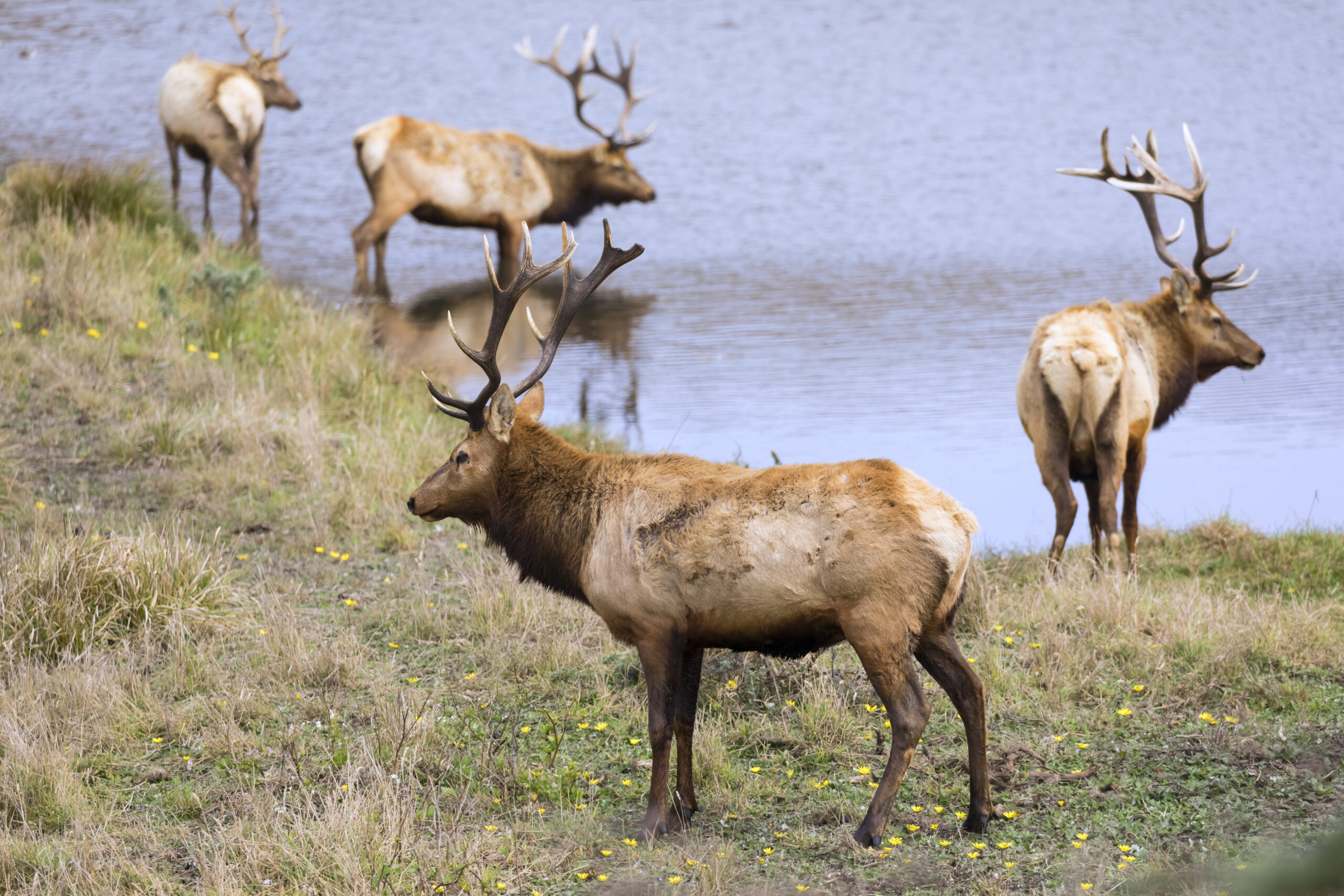Recreational hunting, including trophy hunting, is often promoted as a conservation tool that supports biodiversity and local livelihoods. It can help regulate wildlife populations, prevent habitat degradation, and generate funding for conservation through license fees and tourism. However, a comprehensive review of over 1,000 studies reveals that the real impact of hunting is far more complex.
Ecologically, hunting can benefit conservation when carefully managed, but poor oversight can lead to population declines and ecological imbalance. Socioeconomically, the benefits are uneven—local communities often see little of the financial gain and are left out of decision-making. Ethically, trophy hunting faces growing opposition over concerns about animal welfare, exploitation, and colonialist legacies.
So what does this mean for the future of hunting? The study calls for more integrated research that combines ecological, economic, social, and ethical factors. For hunting to truly support conservation, it must be context-specific, transparent, and inclusive—ensuring that local communities share in the benefits and have a voice in wildlife management.
Recreational hunting has potential, but only if it is practiced ethically, sustainably, and with the involvement of those who live closest to the wildlife it affects.

